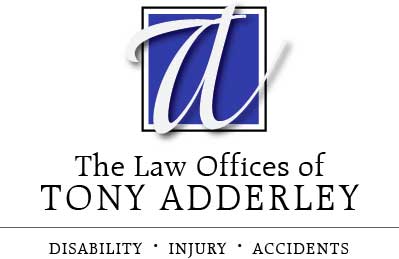By law, SSDI benefits are available to workers suffering from disabling psychological conditions as well as those suffering from disabling physical conditions. Obviously, however, it’s more difficult to prove a psychological disability than a physical illness. Early symptoms are not likely to be accurately assessed, and the extent of any psychological condition may be tricky to determine. Disability claims examiners are not doctors. They may not understand the full extent of mental illnesses such as manic depression or ADHD, or they may simply be personally prejudiced against disability claims made by adults who appear to be able-bodied.
When determining eligibility for Social Security Disability, the Social Security Administration relies on a set of disability listings (the “Blue Book”) to classify mental conditions that range from depression to autism, ADHD, learning disabilities, and intellectual developmental disorder. The Blue Book outlines criteria that these conditions must meet to be judged “disabling.” But even if you or a loved one suffer from a mental disorder that isn’t “disabling” on the basis of the Blue Book criteria, you may still be able to receive disability payments. If you can prove in court you can’t reliably perform a simple, unskilled job due to emotional, psychological, or neurological issues, you can probably receive SSDI benefits.
The Blue Book defines the conditions recognized by Social Security as intrinsically disabling; Social Security concedes that anyone suffering from an intrinsically disabling condition is unable to work. The disability examiner will determine if a disability applicant’s symptoms meet the criteria of any specific mental condition listed in the Blue Book. Mental disabilities listed in the Blue Book include: schizophrenia, autism, anxiety, depression, ADHD, bipolar disorder, and intellectual developmental disorder.
A Social Security disability attorney can help your case with evidence and with expert testimony. If you suffer from any disability that prevents you from working (whether or not it’s listed in a Blue Book), speak right away with a good SSDI attorney. Your SSDI lawyer will guide you step-by-step through the appropriate steps and will fight for the financial compensation that is rightfully yours.

